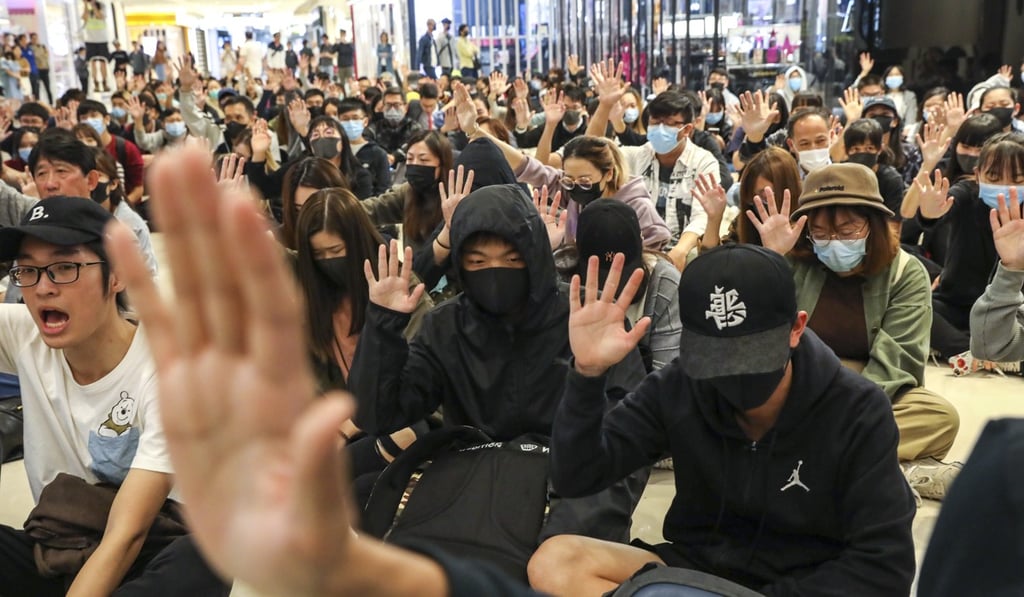Opinion | The American civil war offers Hong Kong lessons in how to compromise and end conflict
- The ending of America’s divisive conflict shows how it took great political courage and wisdom for the victor to offer generous and compassionate terms of surrender, promising peace and no prosecution. There are useful lessons here for Hong Kong’s government

Four years in, the Confederate state army, already disadvantaged in terms of manpower, industrial capacity and economy, was facing low morale, food shortages and exhaustion. Knowing this, General Ulysses S. Grant, who led the Union army, wrote to general Robert E. Lee, leader of the Confederate state army of northern Virginia, to persuade him to surrender.

Lee negotiated surrender terms that allowed his men to keep their swords and personal belongings, and to return home in peace as long as they did not turn against the Union or break the law. These were generous terms for the men, who had expected to be imprisoned.
In addition, Lee asked for his soldiers to be allowed to keep their horses and while this could not be added to the surrender documents, Grant instructed his soldiers to allow it. Grant also arranged for transport and food supplies for the more than 1,000 men, who had not eaten for days.
